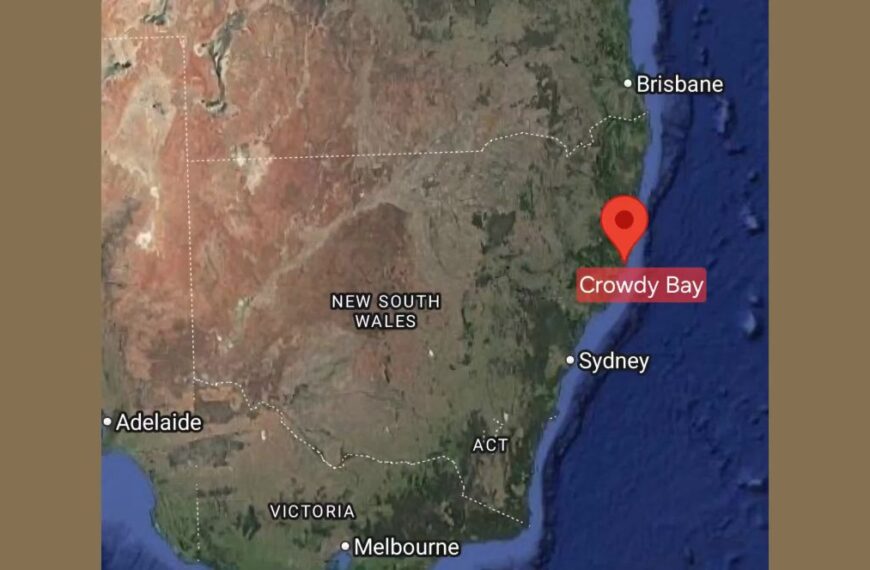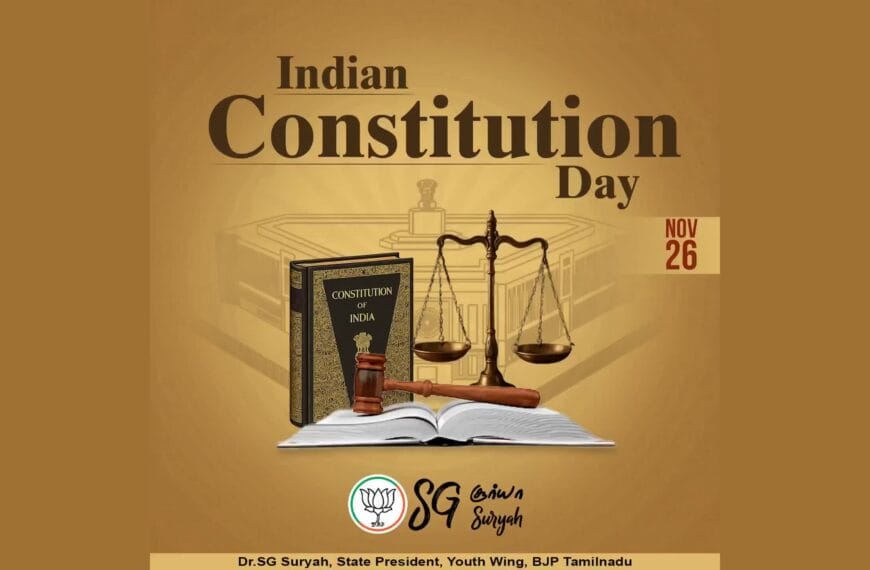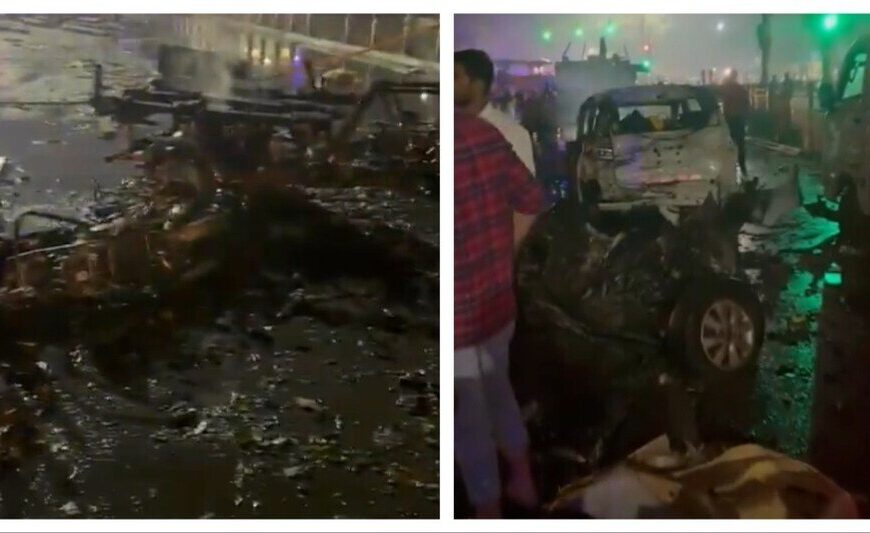New Delhi the Bharat Bandh nationalwide strick happening on july 9, 25 crore more than worker from both formal and informal sectore prepare to join the Bharat Band and the worker join the bharat band , called by a joint platform of 10 central traed unions. and back by samyukta kisan morcha
The Union government’s labor reforms, drive toward privatization, and growing inequality are the targets of the protest.
Who is behind the Bharat Band
A united forum including ten central trade unions and their allied federations has called for the strike.
- All India Trade Union Congress (AITUC)
- Indian National Trade Union Congress (INTUC)
- Centre of Indian Trade Unions (CITU)
- Hind Mazdoor Sabha (HMS)
- All India United Trade Union Centre (AIUTUC)
- Self-Employed Women’s Association (SEWA)
- All India Central Council of Trade Unions (AICCTU)
- Trade Union Coordination Centre (TUCC)
- Labour Progressive Federation (LPF)

The four new labor regulations are being protested by the unions, who claim that they weaken unions, legalize longer working hours, erode worker protections, and make collective bargaining and strikes more challenging.
Additionally, they charge that the government is actively privatizing public sector enterprises (PSUs) while neglecting the deterioration of social safety nets, rising unemployment, and inflation.
What is likely to remain functional?
Despite the scale of the protest, many services are likely to function normally.

- Schools and colleges, unless closed by local authorities
- Private offices and IT firms, though urban commute may be affected
- Hospitals and emergency services, which are exempt
- Railway operations, though minor delays are possible
demands of the striking unions at Bharat Band
The trade unions had submitted a 17-point charter to Union Labour Minister Mansukh Mandaviya last year. Their key demands include:
- Halt to privatisation of PSUs and public services
- Minimum wage guarantee and universal social security
- Ban on contractualisation and push for permanent jobs
- Restoration of the Indian Labour Conference, not convened in over a decade
- Higher investment in health, education and public welfare
- Withdrawal of the four labour
- Public sector banks and insurance companie
- Coal and mineral mining operations
- Postal services
- State-run bus transport (especially in West Bengal, Kerala, Tamil Nadu, Punjab)
- Infrastructure and construction sites, including NHAI projects
codesIt is anticipated that workers from industries such as steel, electricity, telecom, oil, and gas will also take part. Operations may be impacted in the industrial regions of Odisha, Maharashtra, Chhattisgarh, and Jharkhand.
Union leaders have warned of potential disruptions through road blockades and delays at major junctions, despite the fact that Indian Railways is not officially involved in the strike.
farmers backing the strike “Bharat Band” WHY?
The Samyukta Kisan Morcha (SKM) , the farmers’ coalition behind the 2020-21 agitation, has declared full support for the bandh. Farmers’ unions from Punjab, Haryana, Uttar Pradesh, Bihar and Karnataka are mobilising rural protests.
-
Legal guarantee for Minimum Support Price (MSP)
- Soaring input costs and stagnant produce prices
- Privatisation of agriculture markets and land policies
- Cuts in MNREGA jobs, fertiliser subsidies and food rations
Ahead of the bandh, the Labour Ministry has not released a formal statement. Officials, however, have quietly insisted that the four labor rules are meant to formalize employment, facilitate business transactions, and simplify compliance.
The administration claims that these changes, which replace hundreds of antiquated laws, are “long overdue.”
The unions are protesting the four new labour codes, which they allege dilute worker protections, legalise longer working hours, weaken unions and make strikes and collective bargaining more difficult.
They also accuse the government of aggressively privatising public sector undertakings (PSUs) and ignoring rising unemployment, inflation, and erosion of social safety nets.

















